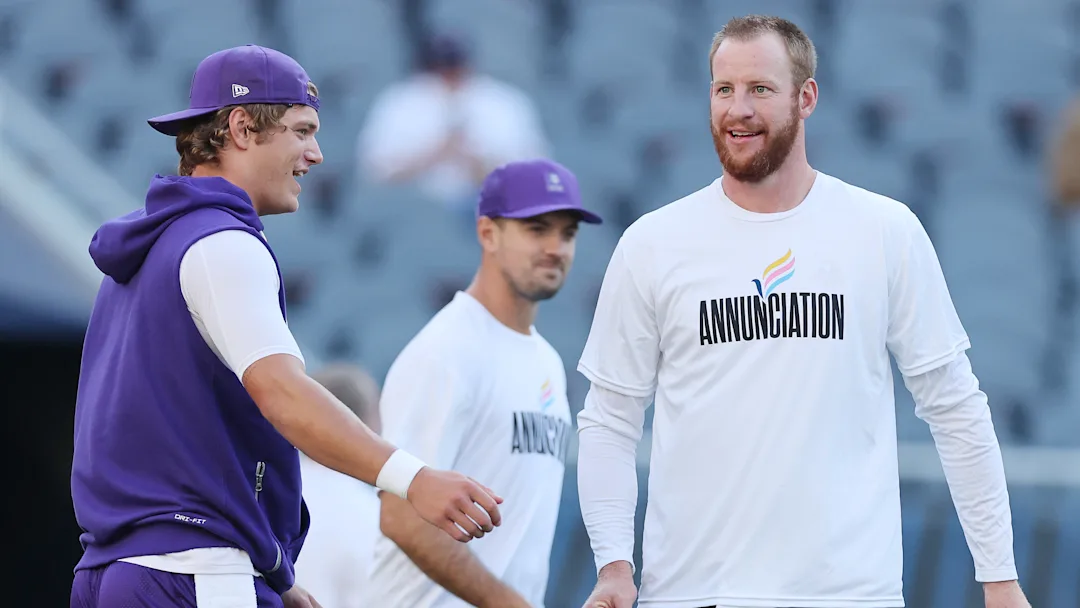Politics and the US Education System

From book banning to changing curriculum, political influence in the US education system has occurred since the mid 1600’s.
Throughout history, educational institutions have been subject to various instances of political input that, in some cases, have been deemed as forms of censorship. In recent years, there has been an increased push to eliminate or restrict certain content, books, or curriculum from being taught.
“If you’re controlling what’s being taught, based on what you agree with and what you disagree with, then you’re limiting knowledge and that is not the way that society moves forward…it’s hard to have your ideas challenged but that’s growth, in my opinion,” AP World History and Leadership teacher Michelle Naylor said.
Book banning was first recorded in the American colonies in 1650. This initial act of book banning was due to Puritan authorities in Massachusetts who deemed several books to be contrary to their beliefs. Since 1650, there have been thousands of books banned from schools, only a fraction of those books has been recorded by The American Library Association’s Office for Intellectual Freedom as it is impossible to know exactly how many books have been banned.
“With book banning, it’s ridiculous to want to teach any young person the skills to read anything and to have a critical mind to explore the articles or books, assumptions and shortcomings. The idea that reading any text is going to-just by the reading of it-somehow harm a person seems to fundamentally misunderstand what education is supposed to be about,” AP Literature and Composition teacher Lawrence Williams said.
According to the California State PTA, in the United States, education is primarily a state’s responsibility. Educational decisions are made by state and local officials, as well as public and private organizations, together establish schools and colleges, develop curriculum and determine requirements for enrollment and graduation.
“The curriculum is studied by administration and staff in a cycle that aligns with state statute. Curricular recommendations are made based on feedback from stakeholders, studies of best practice, and a curriculum review process in each content area,” Orono’s Executive Director of Learning and Accountability, Aaron Ruhland said.
In a recent occurrence, Florida Governor Ron Desantis has spoken in opposition towards the teachings of race, sexual orientation, or gender identity.
In January of 2023, Florida Governor Ron DeSantis sent a letter to the College Board rejecting the proposed course: AP African American Studies. DeSantis stated that he would ban the course’s curriculum for not meeting the state’s standard regarding how race and sexuality are taught in public schools. The state’s education department told CNN it had concerns about six topics of study, including reparations, the Movement for Black Lives and Black feminism. Then in February, DeSantis threatened to cut ties with the College Board.
“I think, lately, we’ve seen people who are [political] candidates use education as a political tool…and political parties seize an opportunity to rev up their base around perceived political parts of education,” Naylor said.
The College Board, the organization that created the AP class curriculum, since receiving Gov. DeSantis’ letter has made changes to the AP African American Studies course and redacted parts of the coursework.
According to NBC News, the College Board released a revised version of the course, stating the changes were going to have been made, even before DeSantis’ letter. Although, the changes were in the areas DeSantis had blasted, including the section on intersectionality, the Black Lives Matter movement and reparations; those sections of the course are now optional study materials.
“AP courses are designed by the college board to align with college and career standards in the field of study…They almost always include content that goes beyond state standards that is aligned with college level rigor,” Ruhland said.
NPR reported that AP African American Studies is currently being tested at 60 schools around the U.S., and the official framework is intended to guide the expansion of the course to hundreds of additional high schools in the next academic year; meaning that the changes made will impact the course in all 50 states.
DeSantis has argued that his involvement in school curriculum is due to the education system teaching course content that has a political agenda and is not educational; although some argue that his actions in the education systems align with his own political agenda.
“Education comes up kind of cyclically as a topic in national politics. I think that, unfortunately, it’s rarely because there’s an authentic conversation about what is best for students to be learning. And it’s much more used, I think, on all political sides, as fodder to try to win political points,” Williams said.
Another term that has been recently pushed in political campaigns is Critical Race Theory (CRT). The term has been increasingly used in recent discussions regarding education. CRT is a legal and social theory that emerged in the late 1970s and early 1980s as a response to traditional civil rights approaches to ending racial inequality.
One position regarding CRT argues that it disproportionately casts white people as oppressors and people of color as victims. While others see CRT as an important tool for understanding systemic racism and the ways in which it impacts people of color.
“I think it’s really important for students to be exposed to different ideas, but I think it’s also important for teachers to think about how they’re presenting those ideas and make sure that they include things that they disagree with,” Naylor said.
Whether its book banning or changing course content, political influence in the US education system has occurred since the first documentation of it in the mid 1600’s. Today, technology and social media use has seemingly catapulted conversation regarding education from political figures to members in society.





















































